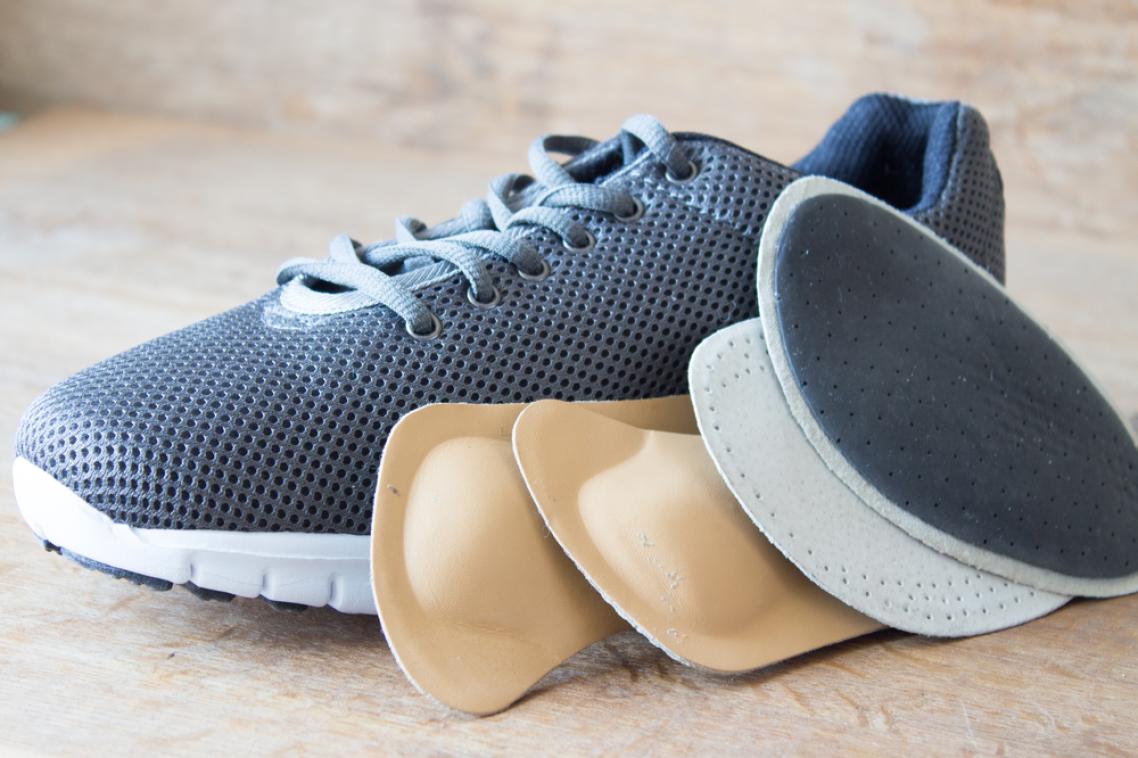Helping people with diabetes to balance

Shoe insoles are being trialled to improve balance, walking and physical activity in adults with type 2 diabetes and associated foot nerve damage.
Dr Anna Hatton from The University of Queensland’s School of Health and Rehabilitation Sciences said many people with diabetes experience problems with their balance and walking due to foot nerve damage.
“Diabetic peripheral neuropathy, a consequence of diabetes, can increase the risk of falls and serious injuries requiring hospitalisation,” Dr Hatton said.
“The quality of signals transmitted from the feet to the brain when damaged, disrupt the vital cues required to help people remain upright.
“Using shoe insoles to correct balance and walking problems in people with diabetic peripheral neuropathy could lead to meaningful change to people’s independence in their daily lives.”
Every day 280 Australians develop diabetes - that’s one person every five minutes - and the total annual cost impact of diabetes in Australia is estimated to be $14.6 billion.
To be eligible for the study, participants are required to be over 18 years of age, diagnosed with type 2 diabetes and diabetic peripheral neuropathy (foot nerve damage) and be able to walk a distance of 20 metres, with or without an assistive device.
The study will be based at UQ’s St Lucia campus and participants will be required to wear a pair of shoe insoles for four weeks and a small activity monitor on the leg for 14 days (two separate weeks).
The trial is supported through funding from Diabetes Australia.
The international research team led by Dr Hatton includes Professor Keith Rome, Auckland University of Technology, Professor Joshua Burns, The University of Sydney, Professor Graham Kerr, Queensland University of Technology, and Dr Joanne Paton, Plymouth University.
Interested participants can contact Elise Gane on e.gane@uq.edu.au or +61 7 3365 3299.
Media: Dr Anna Hatton, a.hatton1@uq.edu.au, +61 73365 4590 or Kirsten O’Leary, UQ Communications, k.oleary@uq.edu.au, +61 73365 7436
Related articles

Decades of surveys show whale migration shift

Should you consent to your doctor using an AI scribe? Here’s what you should know.
Media contact
UQ Communications
communications@uq.edu.au
+61 429 056 139
